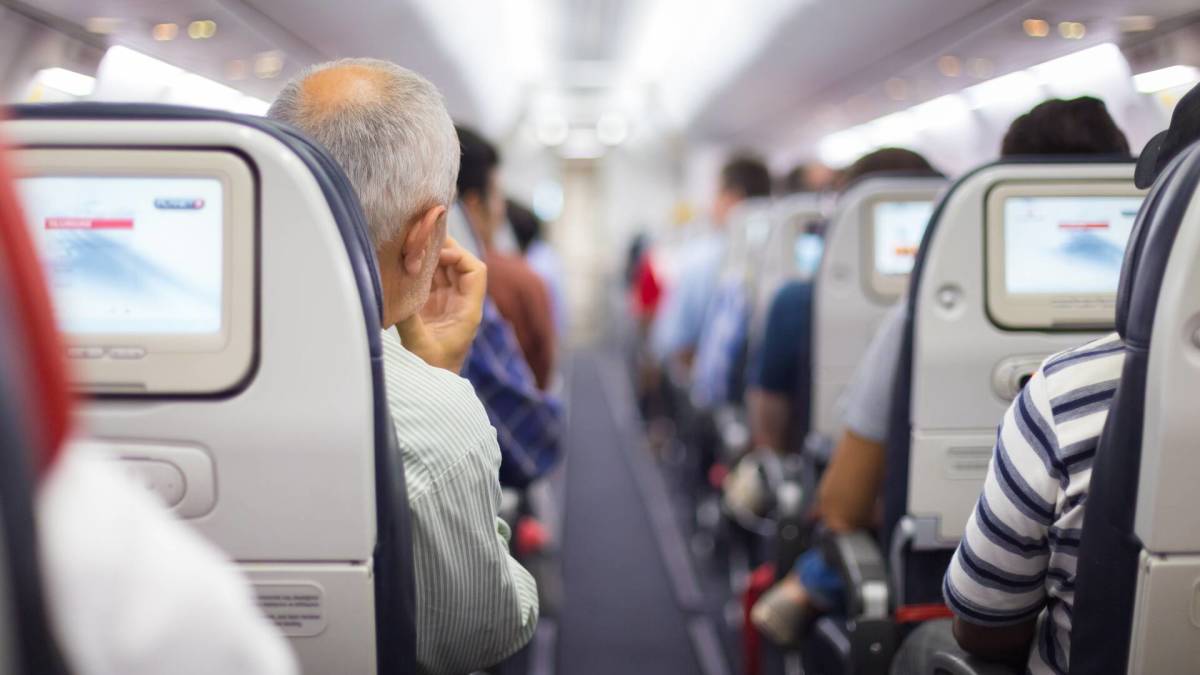Vacations are supposed to be a time to relax and check out from the stresses of everyday life.
If only it were that simple. But travel these days is no picnic, especially if your travel involves an airport and an airplane.
💵💰Don’t miss the move: Subscribe to TheStreet’s free daily newsletter 💰💵
Yes, there are the lucky few who fly private or on a public charter carrier and don’t have to worry about such inconveniences as arriving two hours ahead of their flight. Those lucky few also don’t have to wait in long TSA security lines or try to check luggage that weighs more than the airlines allow.
But the rest of us? We have to adhere to TSA recommendations to arrive early and stay updated on what we can and can’t carry on and pack in our checked bags.
The one thing most travelers have in common is a desire to share their travel escapades with their family and friends via social media.
Spend even two minutes on social media, and there’s a good chance you’ll see someone sharing photos of their vacation, including the minute it starts, at the boarding gate while they’re waiting to board.
 Travelers love to share photos of their travel escapades.
Travelers love to share photos of their travel escapades.
Image source: Shutterstock
Protecting your personal information at an airport
There’s a good reason you might want to think twice about your humblebrags. What might seem like harmless sharing can quickly become a personal security breach.
Legal and cybersecurity experts are warning travelers to never post photos of their boarding passes on social media, even if the most sensitive information is blurred or hidden.
Scammers are able to extract personal data, including passenger names, travel records, or frequent flyer numbers from QR codes and barcodes. They even have ways to extract information from confirmation numbers that seem to be obscured.
Related: TSA quietly cracks down on popular travel essential
In one recent case, a family that posted their boarding passes before an international flight ended up having their seats changed, their kosher meals canceled, and the parents and children separated, according to Travel + Leisure.
This kind of harassment has also happened to high-profile travelers who you’d think would be protected, such as the former Australian Prime Minister Tony Abbott.
He shared a photo of his boarding pass on Instagram, and a hacker was able to find Abbott’s passport and phone number, as well as staff comments about the former Prime Minister’s seat request, by accessing Qantus Airlines website.
The hacker was able to access Qantus HTML code from that innocent boarding pass photo, according to Infosecurity Magazine.
Luckily, the hacker didn’t do anything nefarious with the information. Instead, he told the Australian government what he had found so they could shore up security protocols.
How to protect personal information found in travel documents
As that example shows, crafty hackers, including cybercriminals, have ways of digging up information that most of us don’t want to be public.
The best ways to protect yourself include:
1. Never post a photo of your boarding pass or luggage tags, even if you blur your name and flight details.
2. Destroy all travel documents after you use them. That includes shredding boarding passes, luggage tags, ticket stubs, etc. Scammers apparently have used travel documents found in trash to access booking systems.
3. Be aware of possible metadata in your screenshots, which can include location details.
4. Use a travel wallet or digital boarding pass like Apple Wallet or Google Wallet and keep your phone locked.
5. Turn off location tagging and facial recognition in photos, especially at airports. You can opt out of U.S. security facial recognition kiosks if you have reason to be concerned about privacy.
6. Never post travel photos in real time. It can be hard to hold off on sharing your excitement, but it’s better to wait until you’re safely back at home to post vacation photos.
A little bit of patience and discretion can ensure your travel is safe, secure, and most important, relaxing.
Related: This common mistake can cost you your TSA PreCheck for 5 years
